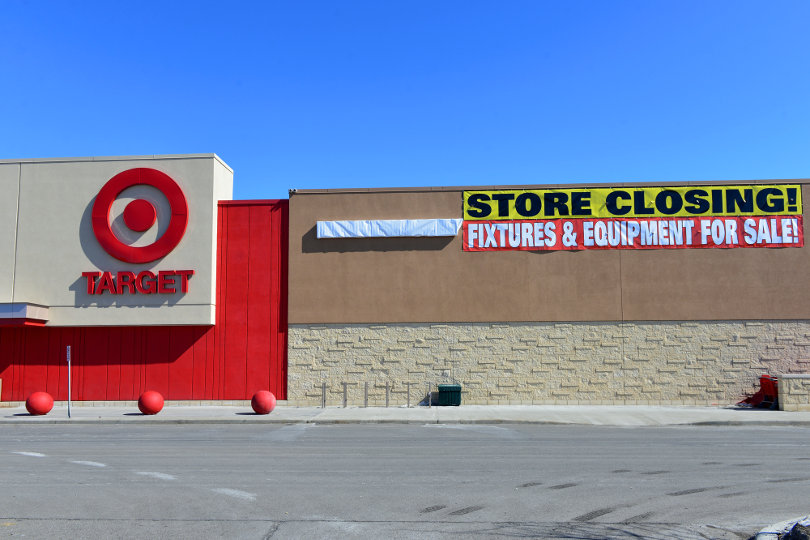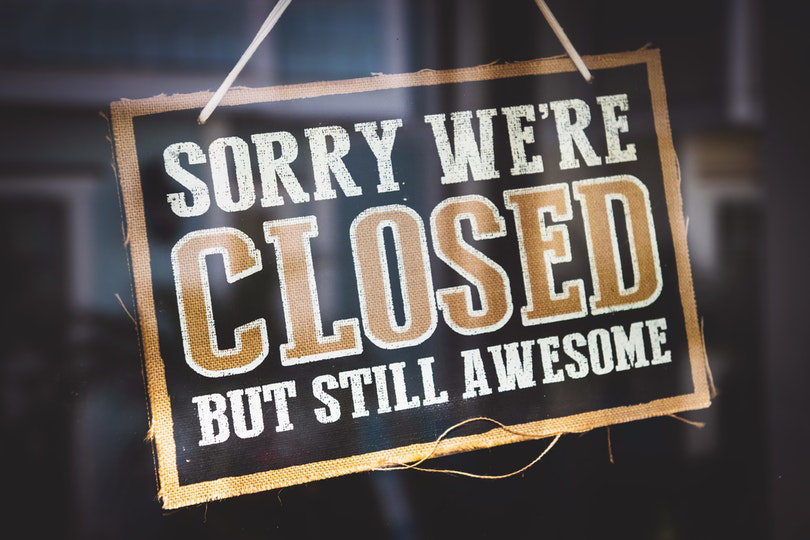This article will explain the following:
- What business liquidation is
- Why liquidation is a valid solution if you must close your business
- What your key considerations after business liquidation should be

What is business liquidation?
Business liquidation is not a process to be undertaken lightly, but it can be a good option to choose if your financial situation calls for it. There are two main parts to a business liquidation:
- Bringing your business to a formal end.
- Distributing the business assets to claimants.
Once a business has been liquidated, it is considered to no longer be in existence. As part of the liquidation process, all of the assets a company still possesses will be distributed to the claimants.
An appointed trustee decides the priority of the asset distribution based on the claims from various parties. In general, secured creditors will have their claims considered first. If there is any money or goods remaining after the secured creditors have taken their share, unsecured creditors can put in a claim. Finally, if there are any assets remaining after that, then the shareholders can put in a claim.
Liquidation can also refer to the process of selling off inventory at a deep discount for much less than the business initially paid for it. Sometimes, companies will advertise these kinds of sales as “Going Out of Business Sales” or “Fire Sales.” The goal is simply to sell off as much inventory as possible.

Why is liquidation a good choice if I must close my business?
If you find it challenging to keep your business running and have more debt than you can pay off, you should strongly consider a business liquidation. It’s far better to be proactive and decide to start a business asset liquidation on your own terms rather than wait and be forced to do it. By choosing to pursue liquidation rather than being forced into it, you will have more control over the process.
There are several reasons that a business liquidation is a good choice:
- Your outstanding debts will get written off. This means that you are no longer responsible for paying off any unsecured debt you have not given a personal guarantee for.
- Company assets can be used for redundancy payments. Your staff members will be made redundant by the liquidation and can now claim redundancy payments, often referred to as severance pay.
- People who are interested in liquidation pallets will reach out to you. Buying and selling liquidation pallets can be a lucrative business. Once you put your company into liquidation, then you will have the potential to quickly sell any remaining assets to either individuals or companies who make a living by purchasing liquidation pallets, and who then sell the contents either individually or collectively as they see fit.
- A halt on legal action. Any legal action against your company will be stopped once you put your company into liquidation.
While liquidation is not an easy choice to make, as we’ve noted above, there are several advantages to it from a lot of your debt being written off to a halt in any legal actions against you.

What are the key considerations I need to think about after a business liquidation?
These are the most important things you need to consider after you’ve liquidated your business:
- If you have personally guaranteed any debts, ask for an executed copy of the guarantee.
- Transactions that don’t appear to be in the company’s best interest may have to be reversed. For example, suppose dividends have been paid out without sufficient reserves to justify these payouts or that company assets or funds have been deliberately undersold. In that case, directors or other beneficiaries may be expected to repay the money distributed back to the company.
- Starting a new company. You are not forbidden from starting a new company if you liquidated your old one. However, you must ensure that you follow any legal restrictions (such as not reusing your old company name) if you start a new company. In addition, you need to take into account any difficulties you may encounter beginning a new company, such as banks being unwilling to lend you money or suppliers being reluctant to work with you.
Liquidation Can Be a Valid Choice If You Can No Longer Run Your Business
If you’ve reached a point in time that you can no longer run your business, then liquidation can help you find a way out of your financial difficulties. While it can be challenging to face the fact that you cannot solve your financial problems on your own, it’s essential that you don’t delay dealing with your issues.
By making a choice to pursue a business liquidation, you can get started on solving your financial issues and closing down your business, thus leaving you free to begin again, without dragging out the process.







